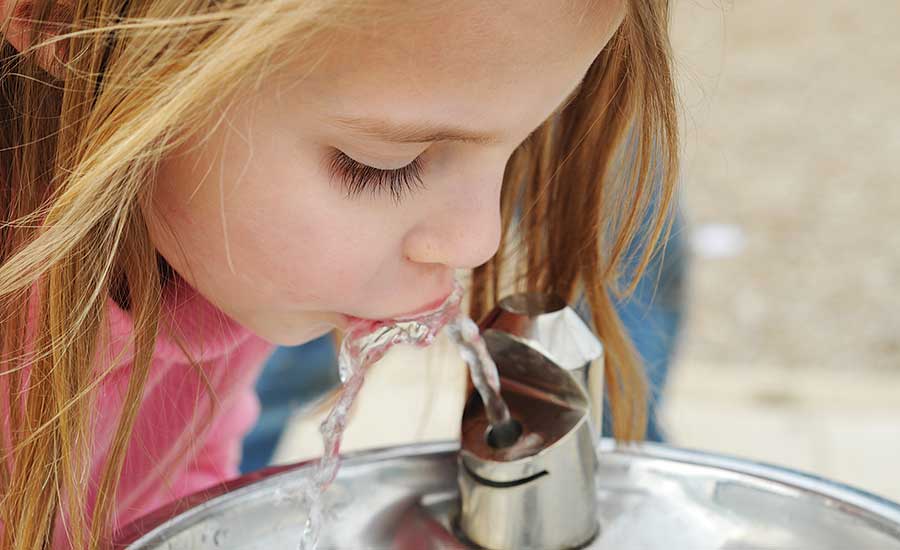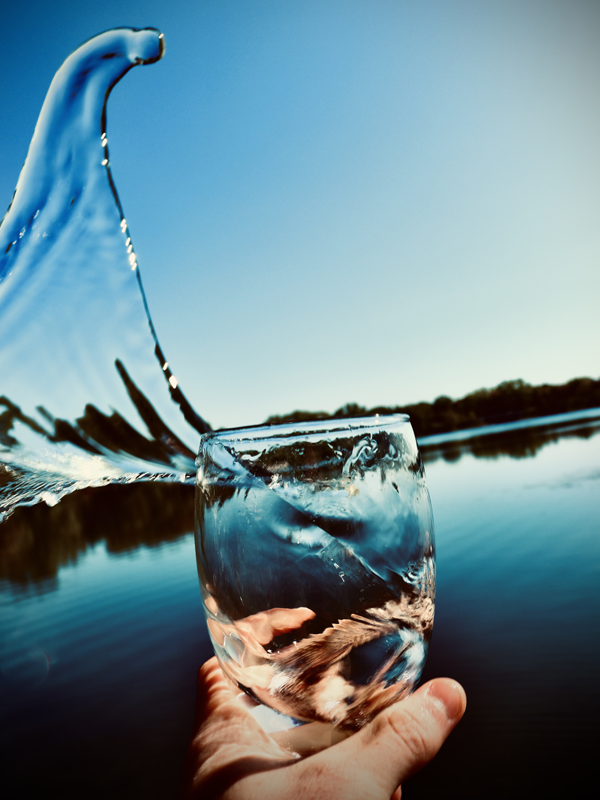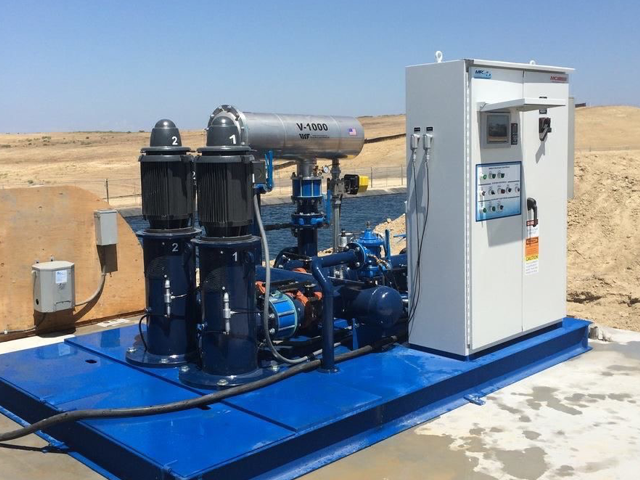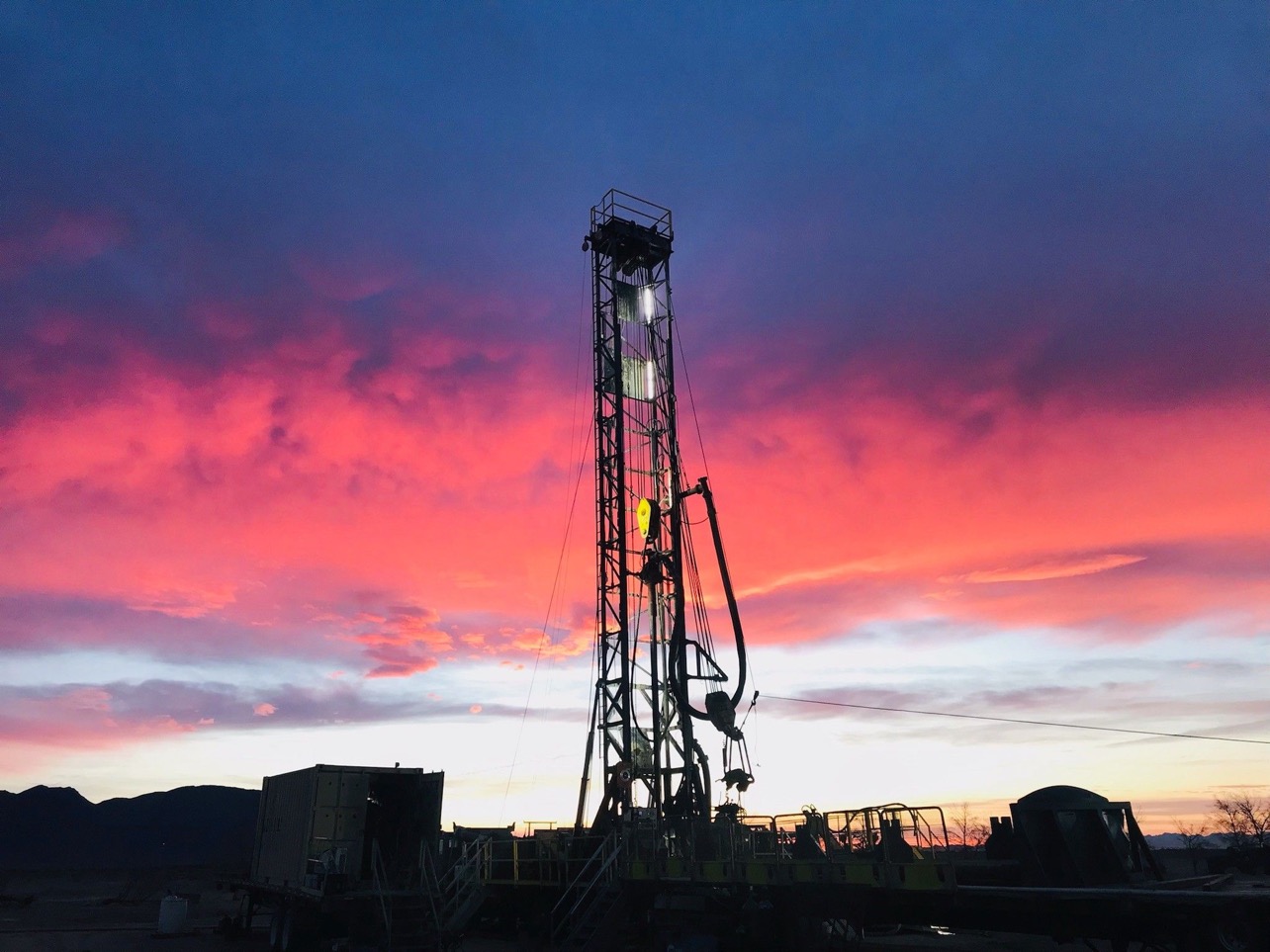Civil, Hydraulic, Environmental, Engineering for Drinking Water
Water infrastructure is failing, causing water loss and contamination. Engineers offer solutions like desalination, improved agriculture, and wastewater treatment to combat scarce clean water.
1
Drinking water Civil Engineering
2
Hydraulic Engineering
3
Environmental Engineering



about us
From Blueprint to Reality, We Deliver Results
Water engineering is a multidisciplinary field that involves the planning, design, construction, and management of water-related infrastructure and systems.
Where Vision Meets Construction
Vision
Being an leader innovative making a positive impact
Mission
To gain greater proficiency as civil engineers
- Desalination
- Irrigation Technology
- Wastewater Treatment
- Decentralized Distillation
our services
Turning Ideas into Water Realities
With our innovative approach, backed by years of experience and expertise, we can bring your imaginative ideas to life in stunning, real-world achievements that surpass your expectations and leave a lasting impression.
Civil
Civil engineering plays a crucial role when it comes to providing safe drinking water to communities.
Hydraulic
We prioritize the safety and sustainability of all water solutions we provide.
Environmental
We are dedicated to ensuring that our efforts have a positive impact today and in the future.
Ground Water
Groundwater is a valuable resource, its often used for drinking, irrigation, and industrial purposes.
we ready to make your design into reality
why choose us ?
Constructing Your Future, Our Commitment
We are fully devoted to supporting and bringing to life all of your innovative concepts and visions.

Experience & Expertise
We're experts in our field and can handle the most complex projects. Let us guide you to success.
Commitment to Quality
We're dedicated to quality in all aspects, from products to customer service.
We are undoubtedly the best in the business, with years of experience, a stellar team, and a proven track record of success.
testimonials
what they say about our works?
Discover for yourself why countless individuals are raving about our exceptional services and continuously selecting us as their top choice for all their needs, time and time again!
you can dream, we can build
Where Precision Meets Passion in Building


faq
Here are our most frequently asked questions.
We have compiled a list of frequently asked questions that cover a range of topics, including our products and services.
get in touch
Don't Wait To Contact Us With Any Questions Or Messages.
Hydraulic engineering, as a vital sub-discipline of civil engineering, expertly handles the smooth flow and conveyance of fluids, particularly water and sewage.
The use of gravity as the prime force to cause fluid movement is a notable feature of these exceptional systems. This area of civil engineering is closely linked with the design of sturdy bridges, dams, channels, canals, and levees, and additionally, to both environmental and sanitary engineering.
Need additional services?
Check out our Sister Companies

contact info
- office@mossmanassociatesinc.com
-
133 Soaring Sky
Henderson, Nevada 89011 - (702) 377-4228
links
Copyright 2025 ©Mossman & Associates | Powered by The Comp Guys



